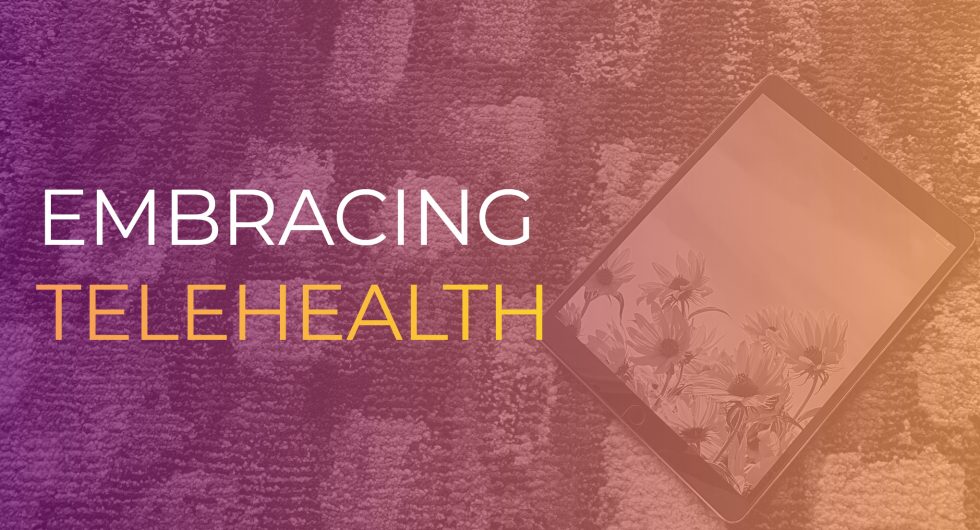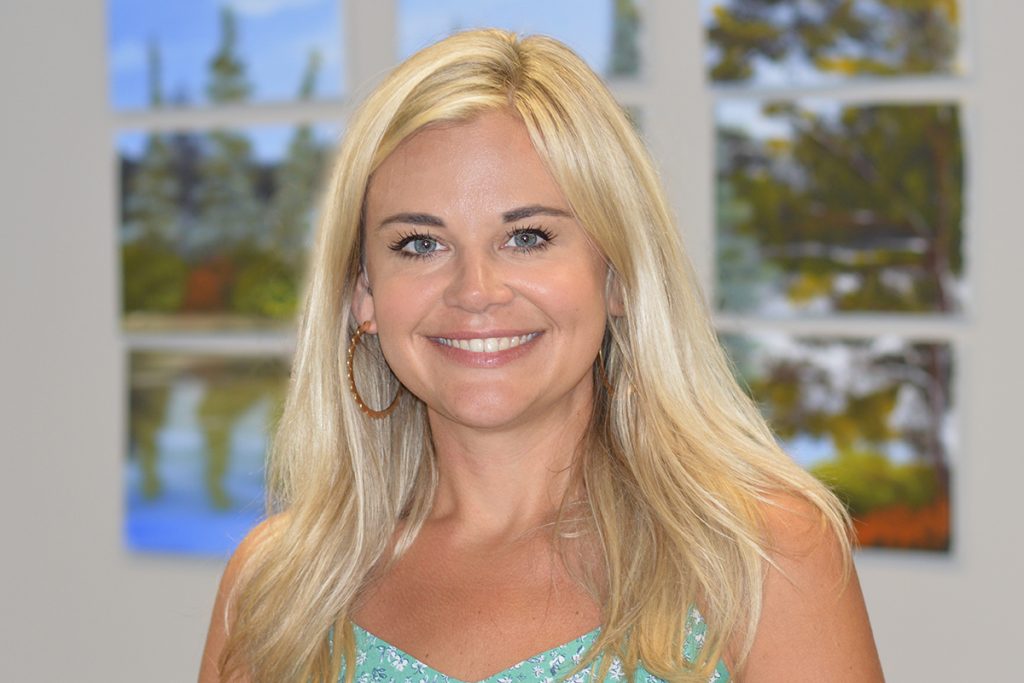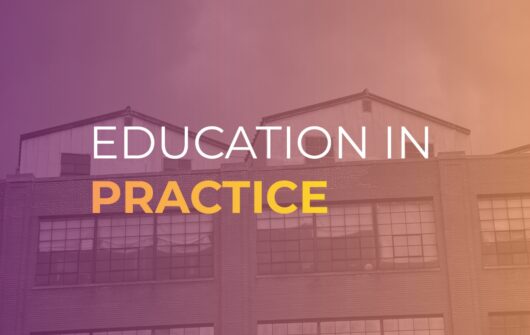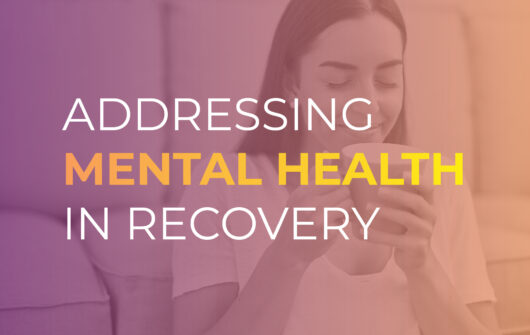Embracing Telehealth
Posted on: July 22, 2020

Like other healthcare providers, we’ve had to quickly adapt to the new reality of telehealth and teleservices. This monumental shift in our sector has been years in the making, but the evolution over the last few months has unfolded at an extremely rapid pace. While it’s overwhelmed other providers, we conveniently had a head start. Thanks to a collaborative partnership with the Center for Court Innovation, we started implementing pilot teleservices projects around this time last year.
Turning Point House & Telehealth
One program in particular has paved the way for the rest of the agency in adapting to telehealth. Turning Point House is located in rural Eden, New York, and it’s about a 40-minute drive to get to Buffalo. Because of its distance from the city, residents were often out of the program for hours at a time attending appointments. This is risky for people in early recovery.
Briana Petersdorf is Turning Point House’s Program Manager, and she’s been involved in the transition to teleservices every step of the way. She said that it’s been quite the change, but that things are “so much easier” with these new methods. “It definitely cuts down on how much we have to travel places,” said Briana.

Telehealth & Teleservices Uses
Turning Point House’s first project last year involved connecting residents with local courts through videoconferencing instead of having to travel into the city. Somerset House in Appleton was a part of this pilot, too. Briana said that residents have had an “overwhelmingly positive response” to this new format. What used to take over three hours now takes 30 minutes when the courts are operational. “It easies their anxiety to not have to go to court in person,” Briana explained. She added that court “can be really intimidating” for many of our residents. Court appointments can be triggering for other reasons such as seeing people who are part of their past in active use.
After starting with the courts, Turning Point House quickly expanded videoconferencing into other areas. One of the first was connecting with our medical staff over telehealth. We talked a bit about our medical services’ response to COVID last month. Residents are now able to meet with medical professionals through telehealth appointments regularly. “I’m not sure how we would’ve continued medical care during this,” said Briana.
Residents are also connecting with online self-help meetings. This proved to be particularly important during the early part of the outbreak when everything was shut down. “There’d be several residents that would sit in a quiet room and attend a meeting,” Briana explained. “It was really helpful to connect with other people besides the residents here.” Turning Point House also employs videoconferencing for Departments of Social Services appointments; for chats with friends, family, and sober supports back home; and for introductions to other programs.

What’s Next
Like with any new form of technology, there was a learning curve and some stumbles in the beginning. “Getting used to it was the hardest part,” Briana noted. After a few months of practice, however, she and her staff are grateful for the change. “I don’t even know if we’ll go back because it’s so convenient and easy,” she said.
It’s been great to watch Turning Point House adapt to these new services so quickly. Of course, they’re not stopping where they are now. Briana’s already thinking of new ideas: “I’d like to do more conjoint sessions with families,” she added. Not only can it be a challenge to get residents into the city, it can be tough for families to visit, too. This is especially true during the winter. Briana would like to see telehealth sessions that consist of a “therapeutic meeting with counselors” and families.
With all of these activities, it’s only a matter of time before they spread to our other programs. “It’s been fun to spearhead this and get it rolling,” said Briana. She’s looking forward to seeing where our other programs will take it and how they’ll help it continue to evolve. One thing’s for certain, though – Briana and her staff will be there to help our other staff members if they have questions. “We’re all Zoom professionals now,” said Briana.
Other Recent Posts
Your donation can save a life!
In the grip of the opioid epidemic, you can make a difference. Any amount helps.





